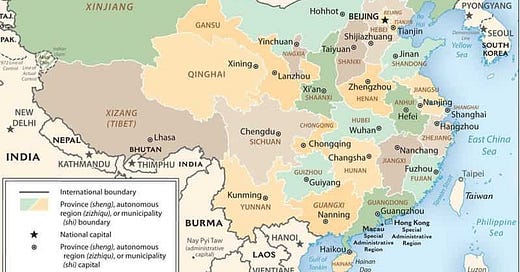In China, Pro-life Movement Gets Toehold
The Red Chinese state has oppressed its people and trampled their rights so completely that even Christians have not recognized the right to life. But that's changing.
“Life” — the first inalienable right. No earthly authority can grant it. Biblically, only the most heinous crimes permit taking it, such as murder, because the perpetrator has forfeited his right to it by taking it from his neighbor.
The Red Chinese state has oppressed its people and trampled their rights so completely that even Christians have not recognized the right to life.
The Gospel is radical. Fear of the government cannot withstand the fear of God, which is precisely why governments have persecuted Christians since Caesar. It is a new day. — RDM
In China, Pro-life Movement Gets Toehold
by June Cheng
Baptist Press
July 16, 2014
CHINA (BP) -- When two pastors -- one American, one Chinese -- taught on the sanctity of life at a church in northern China, women and men of all ages stood up, sobbing and praying for forgiveness.
Repentance flowed in such words as "Lord, forgive me for aborting my child; I didn't know it was murder. Lord, forgive me for shedding innocent blood."
For most in the…




